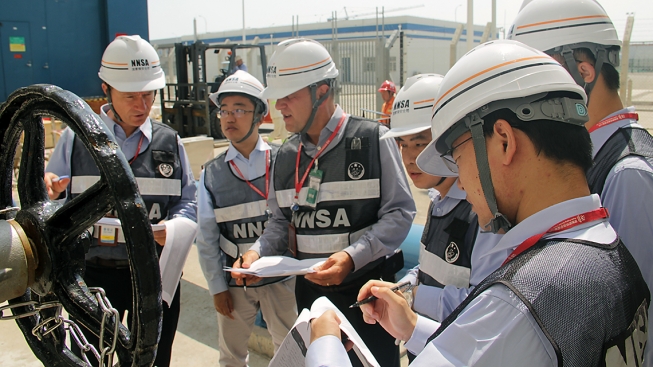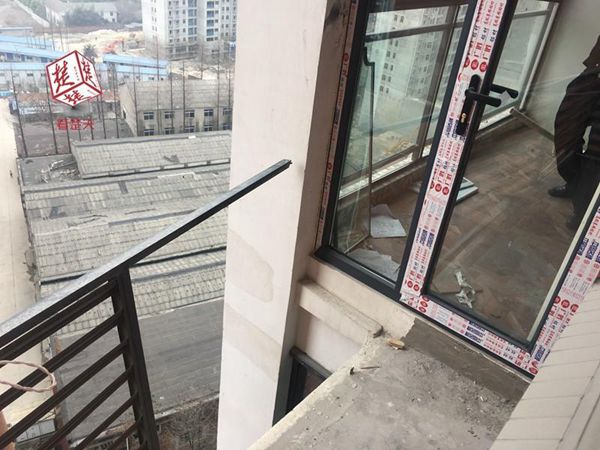Xi Jinping, general secretary of the Communist Party of China (CPC) Central Committee, on Tuesday chaired a meeting on the draft government work report.
The meeting, attended by members of the Political Bureau of the CPC Central Committee, discussed the draft report, which is scheduled to be submitted to the upcoming fifth session of the 12th National People’s Congress (NPC).
Tuesday’s meeting also reviewed a special report on inspections of central Party and governmental authorities, and another document on a Party education campaign.
At the meeting, China’s top leadership pledged to stick to the basic tone of “seeking progress while maintaining stability” in 2017, aiming for more progress from supply-side structural reform.
The meeting highlighted the significance of 2017 as the 19th CPC National Congress will convene.
Acknowledging that China has scored a strong start for the 2016-2020 period, the meeting called for further efforts to balance multiple economic tasks in 2017, including stabilizing growth, advancing reforms, pushing restructuring, improving people’s livelihood and preventing risks.
At the macro level, China will continue to implement proactive fiscal policies and prudent monetary policies, according to a document released after the meeting.
Reforms in key areas will be deepened, while the role of innovation will be boosted to facilitate economic upgrading, said the document.
China will also intensify efforts to tap the potential of domestic demand and strengthen internal growth momentum.
Other tasks include pushing supply-side structural reform in the agriculture sector, widening opening-up, promoting green development and improving government services for people’s well-being.
The meeting came ahead of China’s annual two sessions in March, during which lawmakers and political advisors will gather in Beijing to discuss the social and economic policies for the year.
Since the CPC’s 18th National Congress, anti-graft teams have carried out 11 rounds of inspections across all provincial-level governments, central authorities, key state-owned enterprises and central financial institutions, according to the document.
The inspections, which focused on the adherence to the Party’s leadership, comprehensive and strict governance of the Party and observation of the Party’s Constitution and rules, have been effective political “microscopes” and “searchlights,” the document stated.
The document said that central Party and governmental authorities play an important role in the Party and the state and they must uphold the authority of the CPC Central Committee and its centralized and unified leadership.
It stressed that all problems detected in the inspections should be properly addressed.
The document said that the Party education campaign — which focuses on the study of the Party Constitution and rules, as well as the speeches made by Xi, and calls for being qualified Party members — plays an important role in Party building and governance.
Deeming it an effective tool in Party building, the document said the education campaign had helped shape the approach to governance of the Party under a new situation.
It said the education campaign should be regular and institutionalized, as this would help members understand the essence of Xi’s speeches, ensure Party members unite closer around the CPC Central Committee with Comrade Xi Jinping as the core, and scoring new achievements in socialism with Chinese characteristics.
The document called on Party organizations at all levels to make the education campaign a strategic and basic project.
It stressed that ideological education must be prioritized and efforts should be made to educate and guide Party members, especially leading officials.
Leading officials should set a good example in the campaign, the document said, adding that evaluations of the education campaign should be carried out annually.



